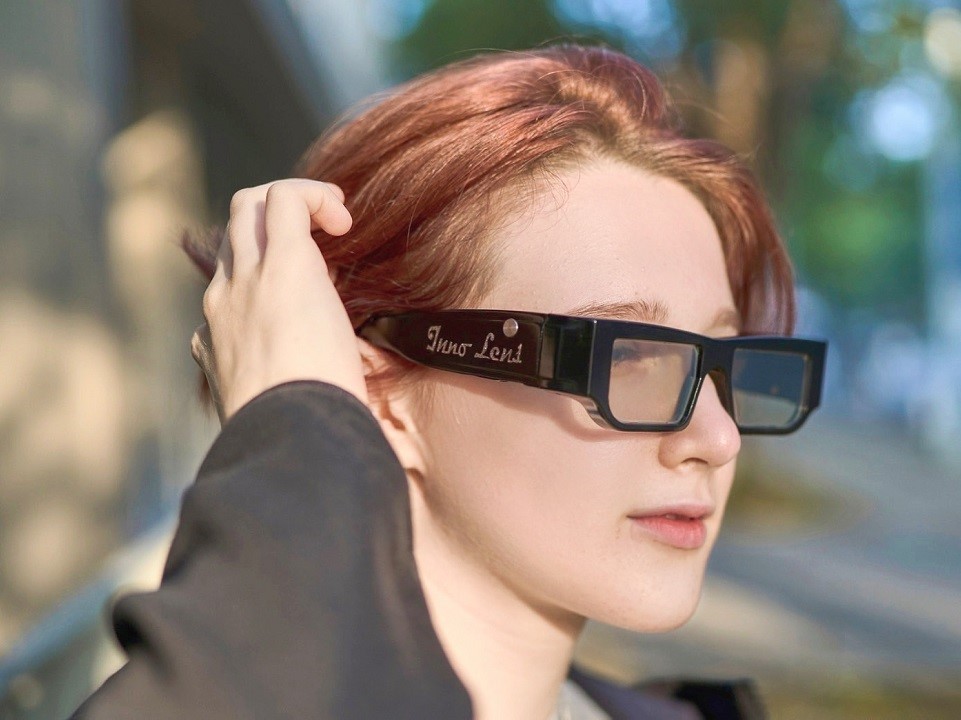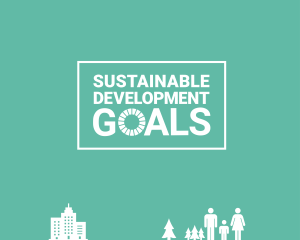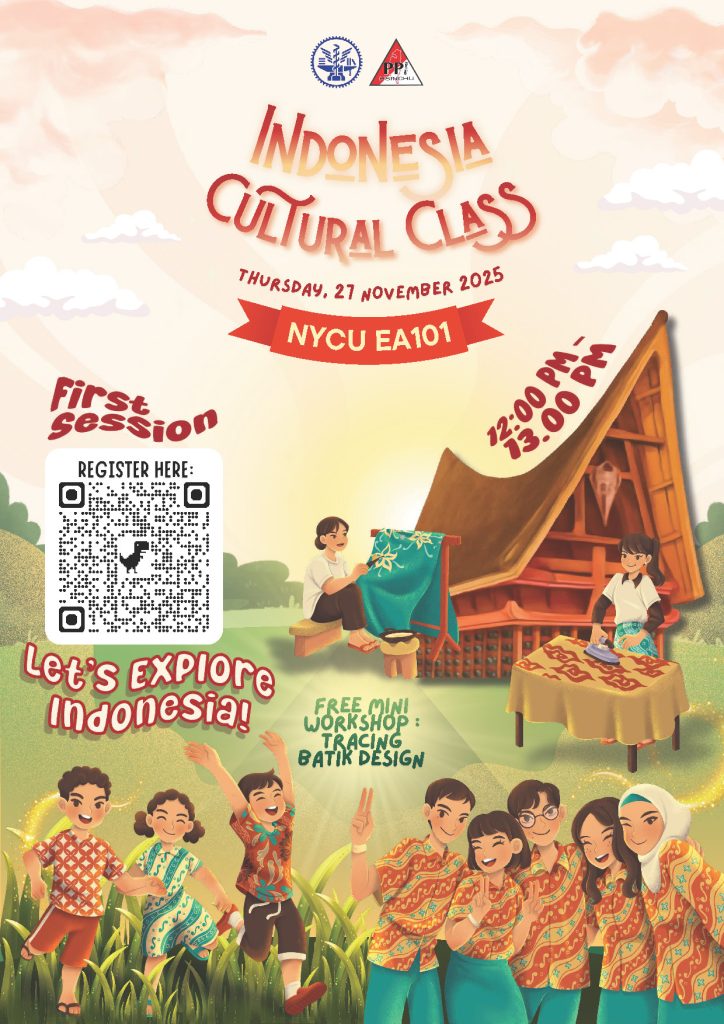
A Major Leap Beyond Franklin’s Bifocals
Traditional bifocals allow users to switch between near and far vision, but only by tilting their heads or adjusting viewing angles. NYCU’s new design eliminates that limitation. The glasses feature gradient-index liquid crystal (LC) lenses whose refractive power can be finely tuned under an electric field generated by micro-electronics embedded in the frame. A simple touch on the temple arm instantly shifts focus between near and far objects.
The team is the first to fully map the optical behavior of gradient-index LC lenses under electric fields, analyze switching speed and color distortion at different optical powers, and validate their feasibility for mass production. The result: a lightweight pair of eyeglasses that can electronically adjust prescription strength in real time, powered by a compact battery.
“This invention doesn’t just improve eyeglasses—it redefines the future of vision technology,” Lin said. “It shows the world what’s possible when physics, engineering, and global collaboration converge.”




